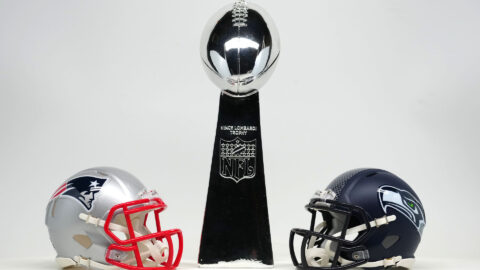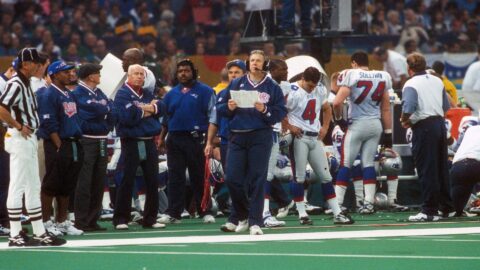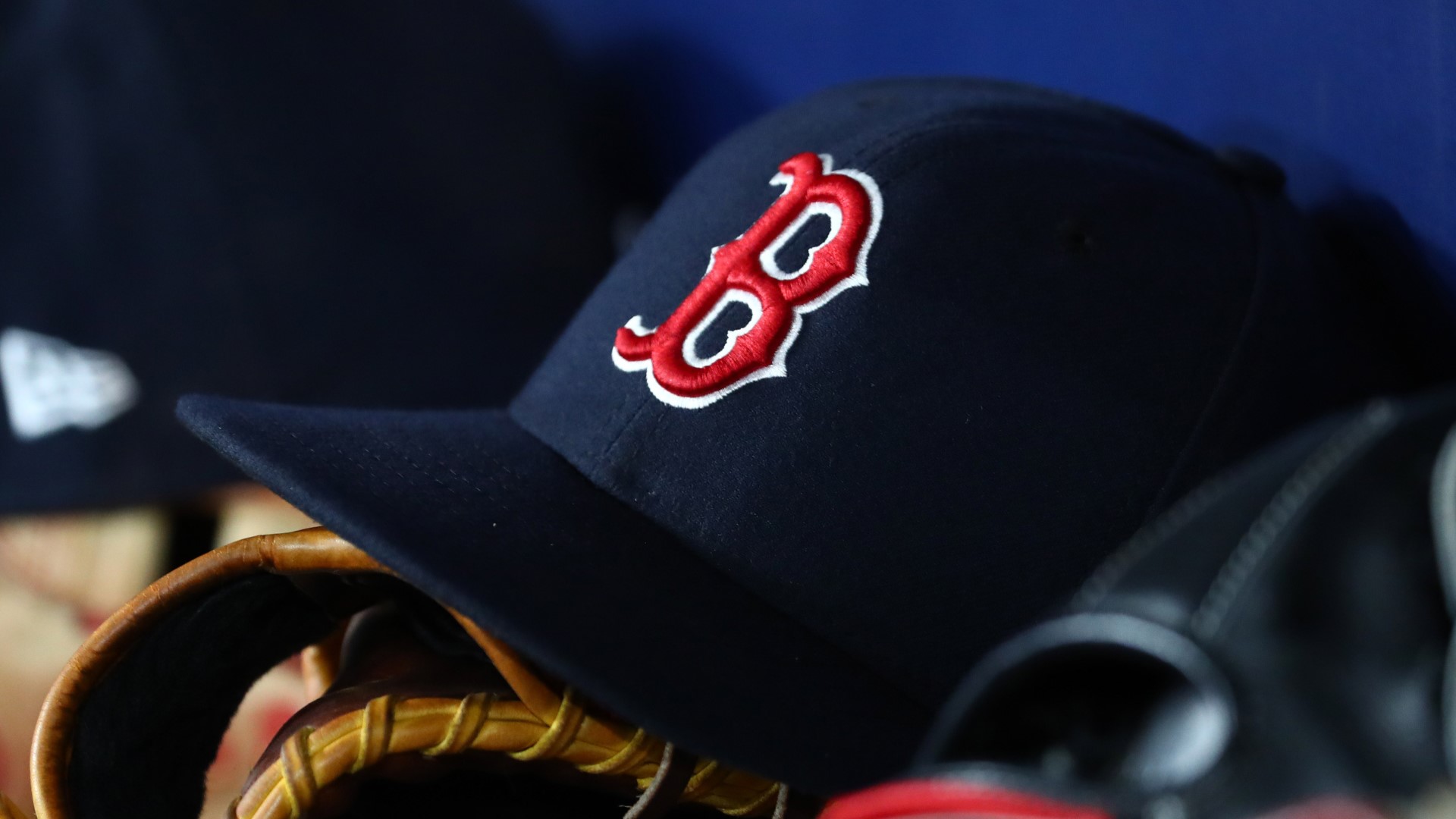It's now been just over one year since the King of Pop himself, Michael Jackson, passed from this earth on June 25, 2009.
It's been two days since Rasheed Wallace, a 15-year veteran of the Bullets, Blazers, Hawks, Pistons and Celtics, retired from the NBA.
What do the two enigmatic figures have in common?
Both serve as a reminder that we never really know what we've got until it's gone.
Michael was seen throughout the final two decades of his life as an unstable soul, a drug addict and an alleged child molester.
'Sheed was seen throughout his entire career, basically, as a head case, a pathological complainer and eventually the NBA's all-time leader in technical fouls.
But when Michael passed, all the sordid details of his life story were forgotten. We ceased to remember him for all that was wrong in his life, opting instead to look back on his incomparable talent and prolific career.
Now, in the wake of Sheed's retirement, you have to wonder: Will he get the Michael Jackson treatment?
This might be hard for a Boston sports fan to admit, but once you strip away all the extra baggage, Sheed was an immensely talented basketball player who had a memorable 15-year journey through the NBA.
He was an All-American at North Carolina, a high-percentage shooter and an elite post defender for his two years in the collegiate ranks. He was drafted No. 4 overall in 1995 — just ahead of his future teammate, Kevin Garnett — by the Washington Bullets.
He quickly moved on to the Portland Trail Blazers, a team that he spent seven seasons and part of an eighth working to take to the next level. He became a two-time All-Star, and twice he carried the Blazers to the Western Conference finals.
He was traded twice in 2004, first to Atlanta and then promptly to Detroit. He won a championship right away with the Pistons, and was part of a nucleus with Chauncey Billups and Richard Hamilton that went to six consecutive Eastern Conference finals. Sheed earned two-more All-Star selections.
Then came one year in Boston, which was unremarkable until Sheed turned it on for the playoffs and helped the Celtics reach Game 7 of the NBA Finals. He started at center for the Celtics in that Game 7, his final game, and he finished with 11 points and eight rebounds.
Sheed finished his career with 15,860 points and 7,321 boards. He also played 177 career games in the postseason, 15th-most in NBA history, placing him right there with the game's legends.
Will we remember him for any of these things?
Or will we remember him for his bouts of frustration, his tirades against officials or his uncanny ability to alienate teammates, coaches and fans?
All that off-the-court drama can lead us to forget Sheed's talent. In his prime, he was a tremendous scorer, rebounder and defender. He had unique physical gifts — his size, his strength, his length, but also his coordination. His unique skill set made him a one-of-a-kind player in the NBA, and an integral part of 14 playoff teams.
Offensively, he was a beast down low and a rare floor-spreading weapon on the perimeter. Defensively, he was a brick wall.
Off the court, he was a bit of a nightmare at times.
When a controversial figure dies, we tend to forget all the unpleasantness and remember all the good things about him.
But when he quits, abandoning his contractual obligation and leaving upwards of $12 million on the table? Perhaps Sheed won't be so lucky.
Michael Jackson was the King of Pop. Rasheed Wallace wasn't the king of anything, and his legacy in the NBA might not be so regal.



